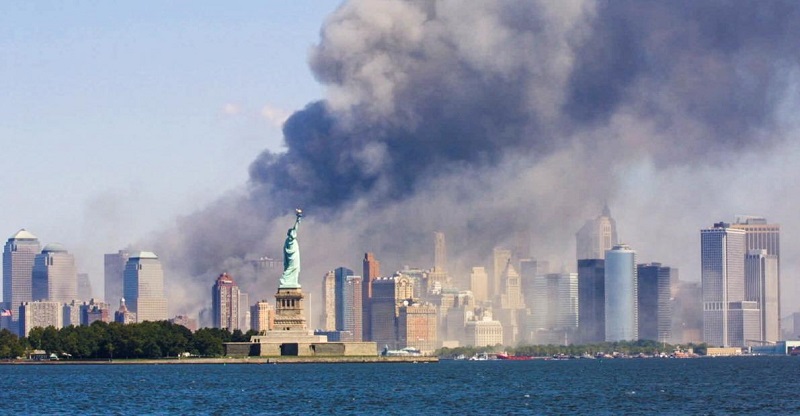Hazardous 9/11 Dust Made Newborn Babies Smaller

Fifteen years after the collapse of One World Trade Center in New York City, researchers are still learning how the terrorist attacks of September 11, 2001, impacted people’s health. When the twin towers fell on 9/11, a cloud of hazardous materials enveloped the surrounding neighborhood and coated everything and everyone exposed to it for several days. According to a new study, those dust clouds likely contributed to negative birth outcomes for Lower Manhattan mothers. The study adds to a body of research showing that exposure to air pollution in the womb can have adverse health effects on newborns, and those effects can play out over the course of a lifetime. For the study, published in the fall 2016 issue of the Journal of Human Resources, researchers Hannes Schwandt and Janet Currie looked at New York City birth records from 1994 to 2004. Of those 1.2 million births, they isolated data from women who lived in Lower Manhattan neighborhoods and so were the most exposed to the dust cloud. The team then refined their search for women who had previously had babies, to better determine if the low birth weights were an anomaly. They found that women who were in their first trimester during 9/11 had more than double the probability of premature delivery. There was also an increase in the number of babies with low birth weights, which can lead to later issues such as higher risk for diabetes, heart disease, and elevated blood pressure. “The pregnancy conditions really matter for later economic outcomes and for long-term human development and economic success,” says Schwandt, an economist at the University of Zurich whose research focuses on child development. In addition to the health risks, low birth-weight babies tend to earn less money throughout their lifespans.

